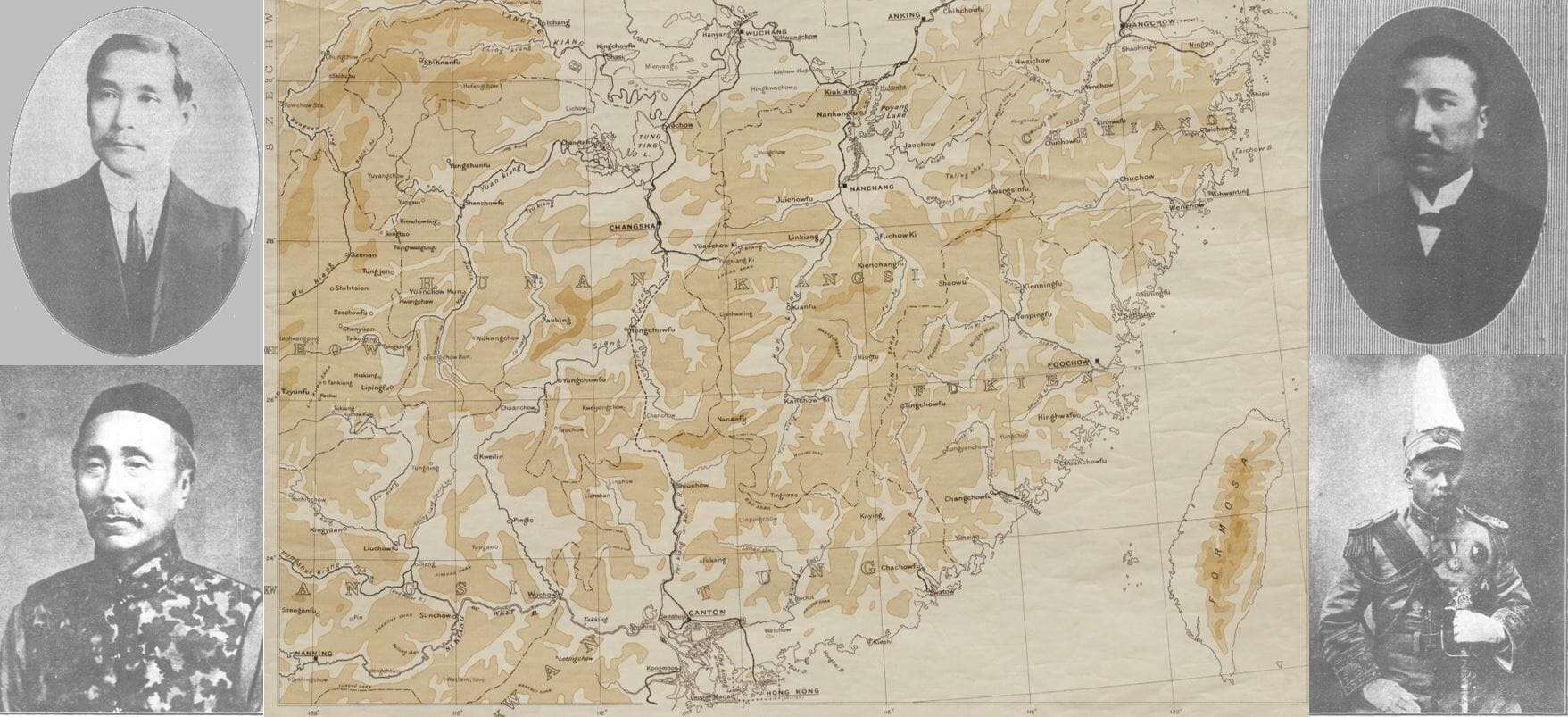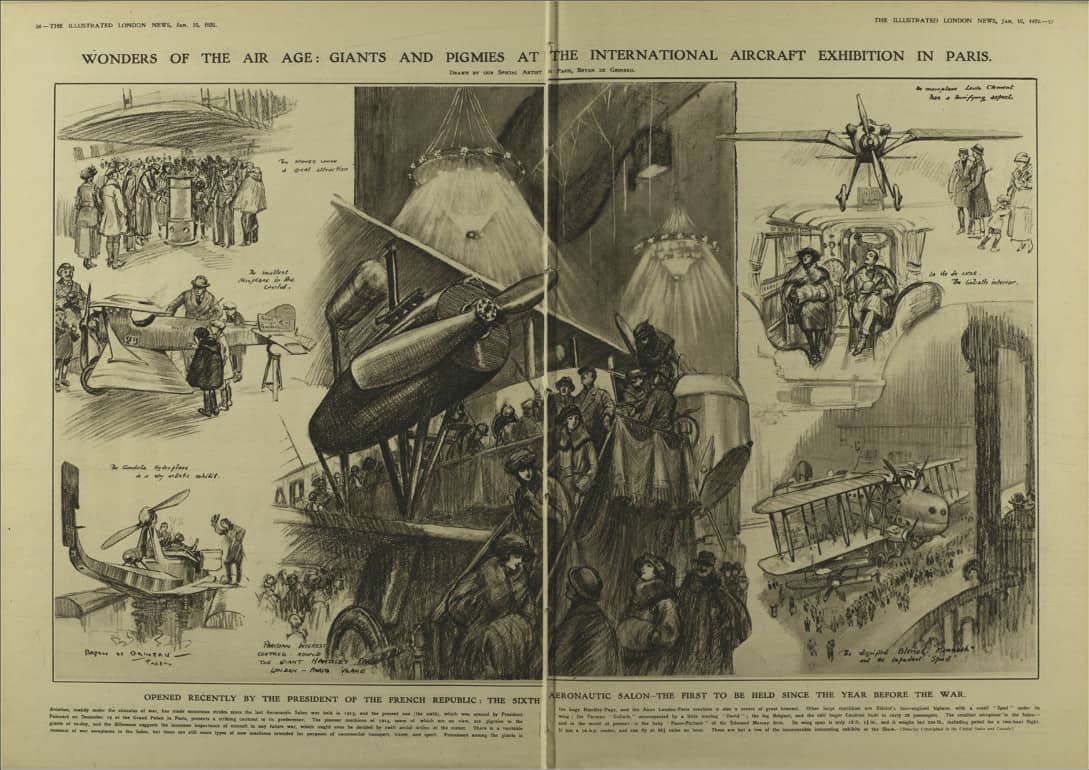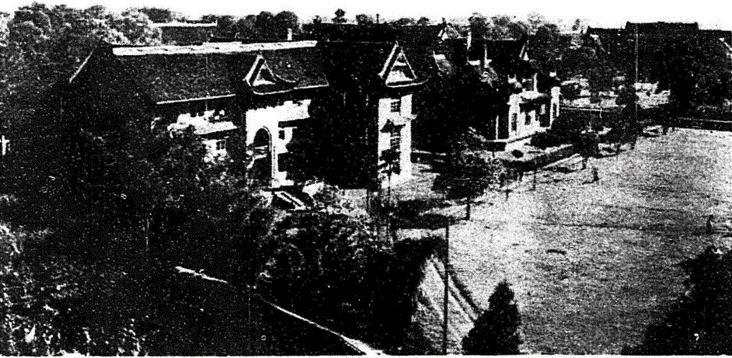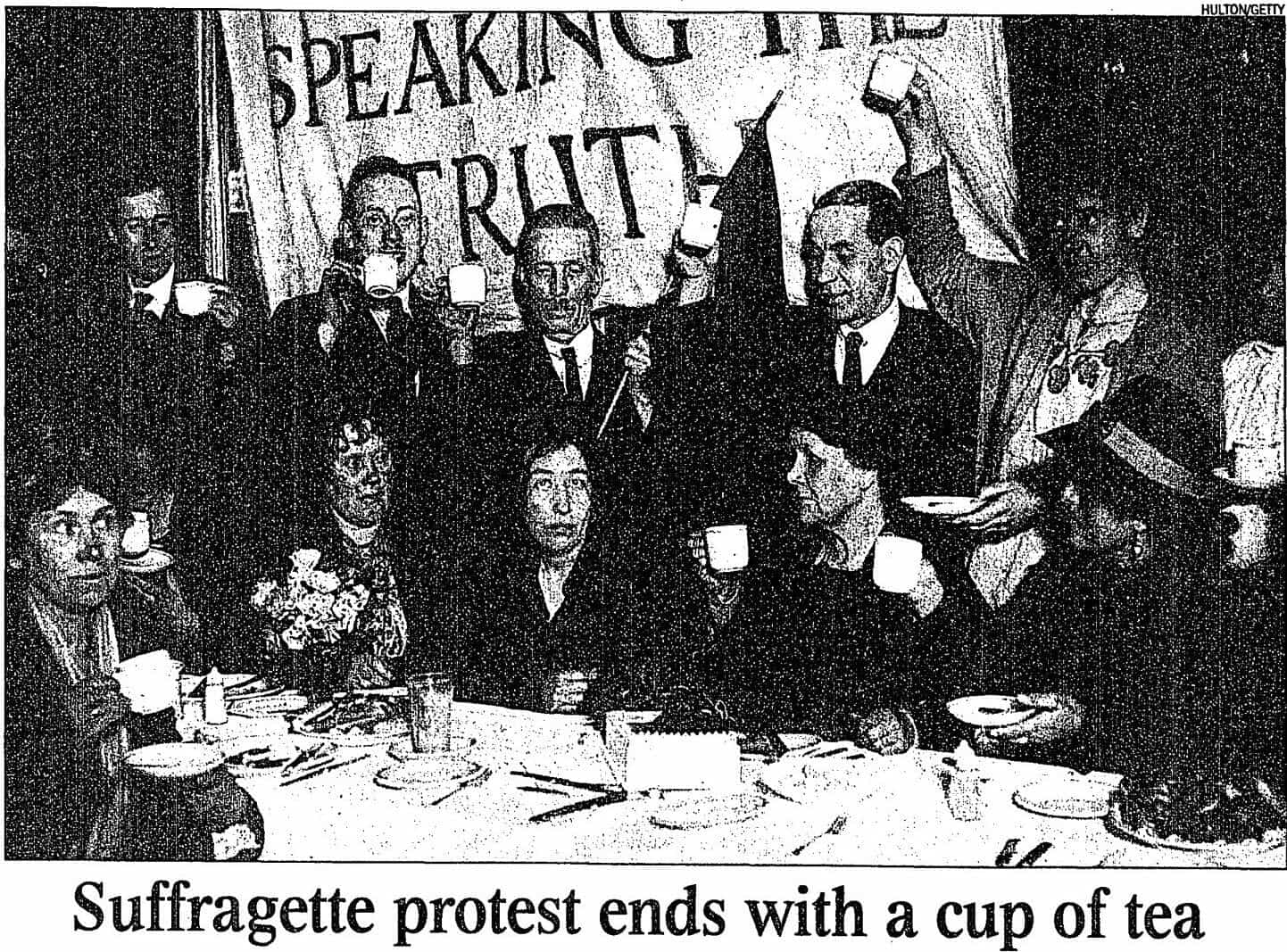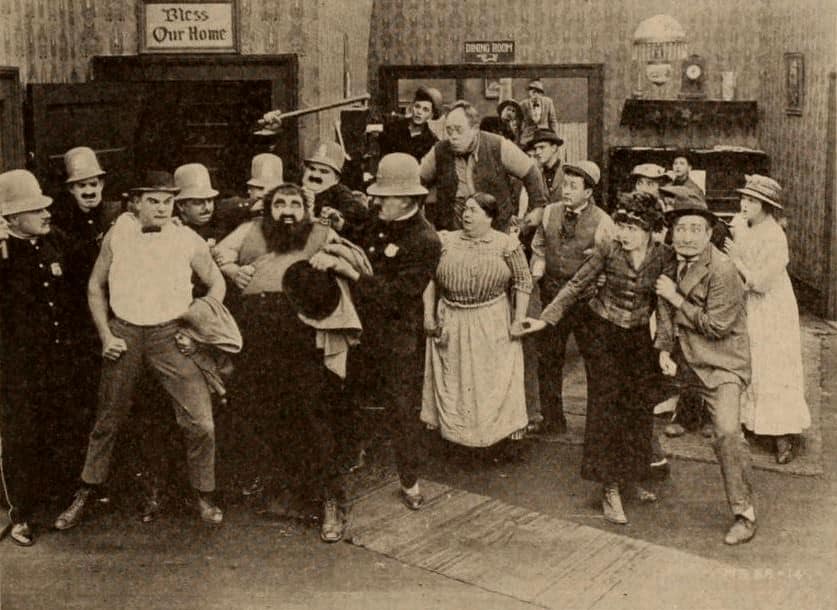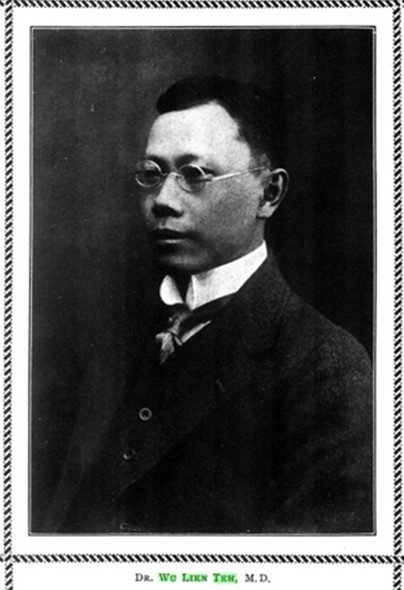│By
Liping Yang, Publishing Manager, Digital Archive and eReference, Gale Asia│
Reverend Dr Joseph Beech played an instrumental role in founding and running West China Union University, first as its founding president and later its chancellor, due to his vision, foresight, and resourcefulness. Today, March 11, 2020, marks the 110th anniversary of the founding of the university, one of the thirteen Christian universities established in China before 1949. Based on a perusal and research of articles published in English periodicals such as West China Missionary News, The Chinese Recorder and Educational Review, all available in Gale’s China and the Modern World archive, as well as his correspondence with the American Methodist Episcopal Church, available in Nineteenth Century Collections Online: Asia and the West, this essay attempts to reconstruct the story of this great missionary-educator who dedicated forty years of his life to the advancement of education in China, especially West China.
Read more

